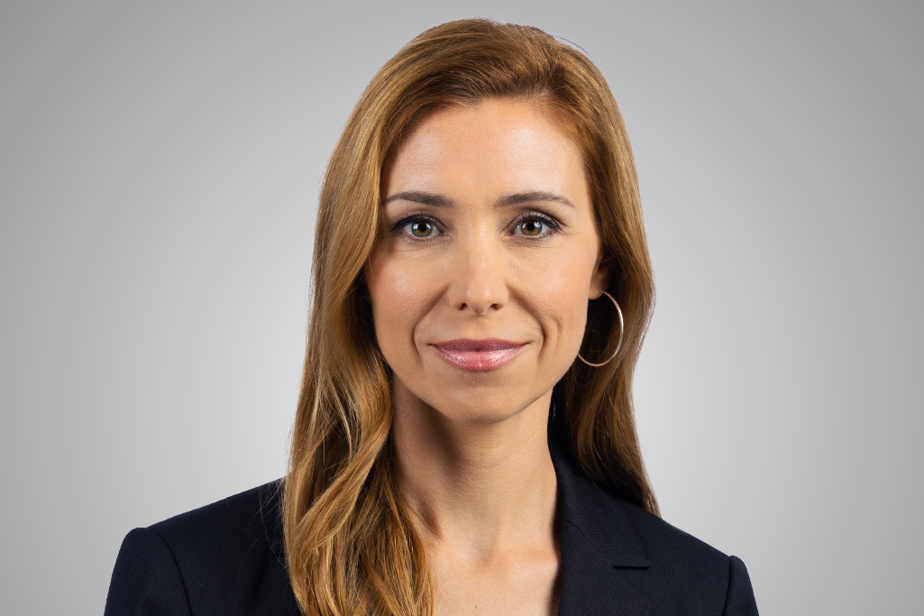Published at 1:29 am. Updated at 6:30 a.m.
![]()
For many Quebecers, $50,000 is a salary for a full year of work. For real estate agents, this sum can easily represent the commission of a single sale, as properties valued at $1 million are not uncommon.
The amount does not go directly into the pockets of an individual broker. It is usually split between two brokers who have to pay certain fees. But in any case, the commission – taxable – is paid by a single person, namely the person who sold his property. It's a colossal bill. Generally, agents receive 4 to 7% of the final sales price, with an average of 5%.
When you give a broker a few tens of thousands of dollars for their services, you expect professional, impeccable and attentive service. We also have the right to demand the highest ethics. After all, his activity is subject to the Real Estate Agents Act.
Looking back, I see that 2023 will have been particularly stressful for agents and their reputation. Some stars in the industry have tarnished the image of the profession. Embarrassing revelations about their questionable and sometimes even banned practices were piling up, which certainly deserved a column.
It is not for nothing that DuProprio took first place in the Protégez Vous real estate services ranking published at the beginning of December.
More than 800 people who have recently bought or sold a property have appreciated the quality of the services received. As many as 84% of customers of DuProprio, a company that supports those who would rather do without the services of an agent, recommend its services.
Via Capitale takes second place in the ranking with a recommendation rate of 70%. This means that even the most popular agency did not receive a top rating. Customer complaints against their broker are diverse: pressure to appoint a specific notary or building inspector, encouragement to improve the purchase promise, encouragement to forego the inspection or even the legal guarantee.
Other worrying discrepancies made headlines.
The star broker of the Casa chain Christine Girouard and her partner Jonathan Dauphinais-Fortin are suspected of having concocted a fake offering plan to create artificial auctions, uncovered by my colleague Isabelle Dubé. Their licenses have been revoked. And what about Brigitte Le Pailleur, a broker at the helm of an agency who made a $500,000 profit at her clients' expense by buying their building at a low price? Thankfully, she was fined a historic $150,000, but this strategy is common practice in the industry.
In Gatineau, broker Yassine Chentoufi was suspended after conducting what appeared to be 11 fraudulent transactions that netted him $231,290. There is talk of nominees without their knowledge, forged signatures, false documents.
The story that discouraged me the most? This: Almost 16 months after the Real Estate Agents Act was changed to prohibit agents from representing buyers and sellers at the same time, the rules had to be changed again because agents found a way around them. That's hardly edifying.
All of this contributes to the number of brokers facing an ethics investigation tripling in 2022 compared to 2020. Breach of trust, false signatures, illegal price increases… the Self-Regulatory Organization for Real Estate Agents of Quebec (OACIQ) has seen it all. This year, complaints have increased by another 20%.
You will tell me that in all professions we can find people who damage the credibility of their colleagues. This is true. But when it comes to real estate brokerage, the consequences of a lack of ethics can be serious and cost a fortune. We're talking about the most important purchase of a life.
The public must be protected, which requires the utmost severity. However, self-regulation is clearly not enough.
The level of fines should be increased to be consistent with brokers' remuneration. Fines of $3,000 will never deter harmful behavior. We should also improve the training of brokers. Given the importance of the transactions completed, it doesn't take particularly long.
Let’s also think about ways to increase transparency. One example, among others: The agent representing a seller can easily claim that they have received a handful of purchase offers to increase bids, even if this is not the case. Verification not possible, documents not accessible.
When it comes to broker compensation, it's time to find a more appropriate formula. The average sales price of single-family homes in Montreal has risen 53% over the past three years, driving commissions to record highs. However, broker work did not increase by 53%.
At least we felt that the OACIQ was taking its mandate more seriously. The permits were immediately revoked. Attempts were made to communicate better with the public and the media, two groups that often questioned his competence and true interests. However, there is still a long way to go to ensure that requests for information are processed within an acceptable time frame. The OACIQ must continue to improve its credibility so that Quebecers can complete real estate transactions with full confidence.

